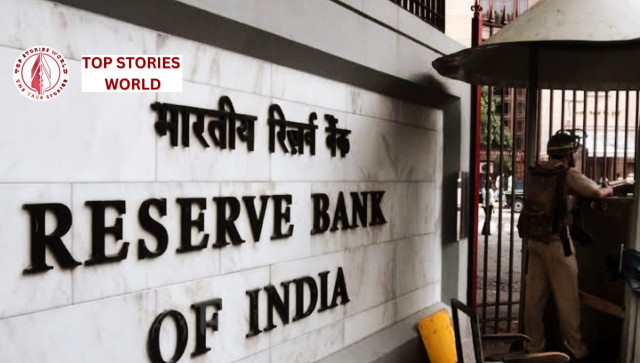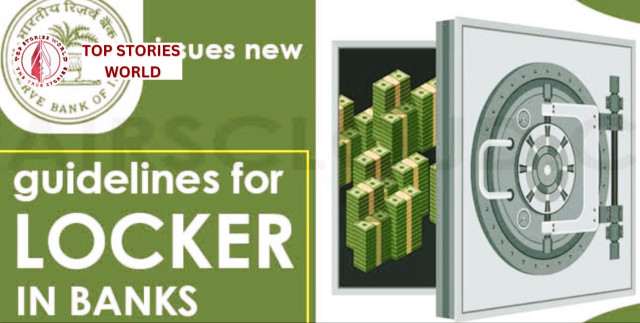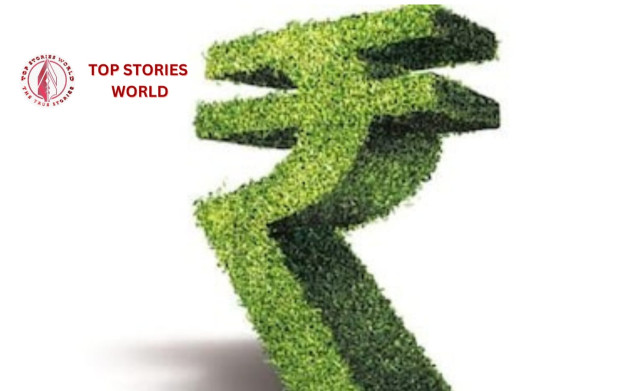What is Green Deposit? Why did RBI Issued Guidelines for it? Know the Details
- Posted on April 11, 2023
- News
- By TSW NEWS DESK
- 326 Views
Amid the fear of the drastic effects of climate change, RBI issued a detailed framework for various financial institutions to accept green deposits.

The Guideline
On Tuesday (April 11, 2023) RBI took
a step forward towards green finance by issuing a framework for banks, deposit
taking Non-Banking Finance Companies including Housing Finance Companies and
small finance banks to accept green deposits.
Climate Change has been recognised as
one of the most critical challenges faced by the global society and economy in
the 21st century. The financial sector can play a pivotal role in mobilising
resources and their allocation thereof in green activities/projects. Green
Finance is also progressively gaining attraction in India. RBI said, while
issuing the guidelines, joining in the global effort to combat climate change.

Effect
This new framework will have five
prong effects in the country. RBI designed these guidelines to encourage
regulated entities to offer green deposits to customers, protect depositors'
interests, aid customers in achieving their sustainability agenda, address
greenwashing concerns, and assist in augmenting the flow of credit to green
activities/ projects.
While the framework will come into
effect from June 1, 2023, some regulated entities have already been providing
green deposits for the finance of green activities and projects.
Green
Deposits
Green Deposits, defined in the RBI
guidelines, is an interest bearing deposits, received for a fixed period by
financial institutions. Its proceeds are earmarked to be allocated toward green
finance. These deposits can be cumulative or non-cumulative withdrawable or
renewable at the time of maturity at the depositor's option. The deposits will
be denominated in INR.

Projects
The proceeds of these will be based
on Official Indian Green Taxonomy awaiting finalisation. For the interim
moment, the proceeds of deposits are directed to be allocated towards green
activities/projects encouraging energy efficiency in free utilisation,
reduction of carbon emission and greenhouse gases, promotion of climate
resilience and/or adaptation, and value and improvement of natural ecosystems
and biodiversity.
Nuclear Power generation; direct
waste incineration; alcohol, weapons, tobacco, gaming, or palm oil industries;
landfill projects; hydropower plants larger than 25 MW; renewable energy
projects generating energy from biomass using feedstock originating from
protected areas; projects involving new or existing extraction, production and
distribution of fossil fuels, including improvements and upgrades; or where the
core energy source is based on fossil-fuel, are some of the projects that are
excluded under the RBI framework.
NBFCs and Banks are directed to
present a detailed policy on this by getting approval from the board.
For more updates keep visiting our
website www.topstoriesworld.com where we provide
unbiased, true, and top stories of the world.




